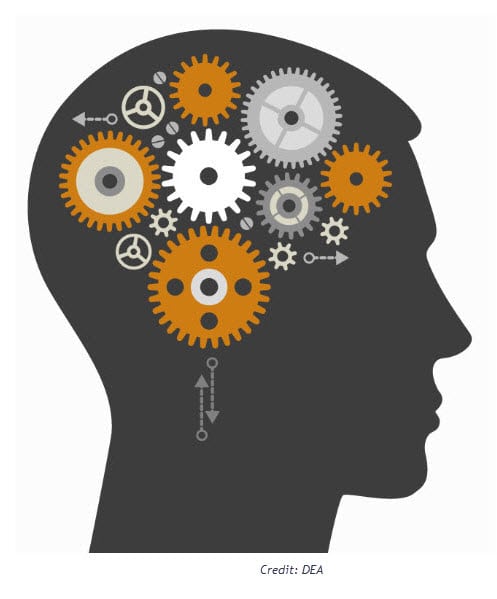This post is a contribution by Mel Taylor, President and CEO of The Council on Recovery.
If you follow The Council’s work, you’ve probably seen us discuss vaping quite a bit lately. But aside from the alarming news headlines, you may be wondering, “Why does The Council care about vaping?” Vaping is legal in Texas, after all, for people over the age of 21. And advocates of e-cigarettes argue that in comparison to traditional cigarettes, vaping is the better option. But as alcohol has proven, when used to excess, many things can be harmful even if they are legal. Vaping is no different. The Council believes unequivocally that vaping is dangerous and deserves our community’s attention.
Unfortunately, a lack of reliable information on the matter combined with sensational nightly news stories can tempt us into dismissing this phenomenon as just another overhyped story. Here at The Council, our goal is not to scare you – rather, we want to empower you with information you can trust to make your own choice.

So, why does The Council care about vaping?
The nicotine and other chemicals in vape liquid produce a pleasure response that changes the brain and can lead to addiction.
Nicotine produces a dopamine response in the brain, which then primes the brain’s sensitivity to rewarding stimuli. Anytime a substance alters the way the brain functions, there is potential for abuse and addiction. This is particularly true for young people whose brains are not yet fully developed, and are highly susceptible to changes in the way their brains respond to pleasure. Research consistently demonstrates that adolescents who vape are 3 times more likely to subsequently smoke traditional cigarettes.
But vaping isn’t safe for adults, either.
Many adults have seen first-hand the destruction wreaked by a lifetime of smoking cigarettes, so vaping may seem safe in comparison. Indeed, the e-cigarette industry originally marketed their products as a quit-aid, which has helped to perpetuate this myth. Vaping does not burn tobacco – the source of carcinogenic tar in traditional cigarette smoke – however, it does expose the respiratory system to nicotine and a cocktail of other harmful chemicals, and there is mounting evidence that it causes similar long-term lung damage as traditional cigarettes. What’s more, the Food and Drug Administration has not approved e-cigarettes as a smoking cessation device. So, what does it all mean?
The long-term impact of vaping remains to be fully seen, but we know enough to say vaping is an urgent problem and immediate action is needed. As this problem develops, our learning will continue to grow. Just last week the Centers for Disease Control announced a breakthrough finding, naming vitamin E acetate as the potential culprit behind recent vaping related lung injuries and deaths, and helping to advance our understanding of this challenge. For now, The Council is busy doing what we have done for the last 75 years: supporting our community. The Council has weathered many such epidemics in our lifetime – from crack cocaine, to methamphetamine, to opioids, and now vaping. As ever, we remain committed to serving families who are impacted by addiction with information they can trust and best-in-class treatment.
Click here for more information on how The Council is tackling the vaping epidemic, and save the date for our Vaping Summit on February 21, 2020.




 Changes in Brain Development and Function From Drug Abuse
Changes in Brain Development and Function From Drug Abuse
 In response to the alarming escalation in addiction, high-risk behaviors, and mental health disorders among teenagers, The Council on Recovery has assembled an all-star team for its Adolescent Services Program at the
In response to the alarming escalation in addiction, high-risk behaviors, and mental health disorders among teenagers, The Council on Recovery has assembled an all-star team for its Adolescent Services Program at the 